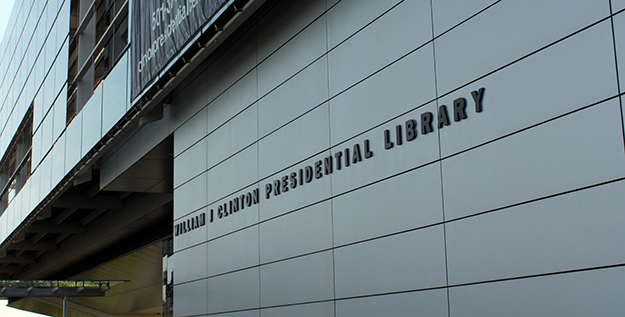This week, the House passed the bipartisan Presidential Library Donation Reform Act, sponsored by Tennessee Republican John Duncan and co-sponsored by Maryland Democrat Elijah Cummings.
Under current law, presidential libraries are built with private funds that can be raised in any amount, from any source, including foreign governments or corporations. This has lead to claims of conflict of interest. For instance, as the Center for Responsive Politics has reported:
In 2001, in the waning days of his presidency, then-President Bill Clinton pardoned billionaire fugitive Marc Rich, whose ex-wife, Denise, had given at least $450,000 to the Clinton’s presidential library fund. A federal investigation resulted in no charges, but the scandal highlighted the potential for corruption presented by the libraries.
The bill passed by the House would require each organization fundraising on behalf of a presidential library to submit quarterly reports of contributors who donated $200 or more in monetary or in-kind contributions. If signed into law, the legislation would bring much-needed transparency to the process of funding these repositories of important parts of our national history. The public deserves to know if these institutions are turning into pathways for favors and influence peddling.
Companion legislation has not been introduced this session in the Senate, although in the past Senators Ron Johnson (R-WI) and Tom Carper (D-DE) co-sponsored a similar bipartisan bill.
President Obama’s library in Chicago is expected to cost at least $500 million and open in 2021, according to the Chicago Tribune.
Issue One will continue to engage with lawmakers on ethics and government reform legislation on Capitol Hill.



